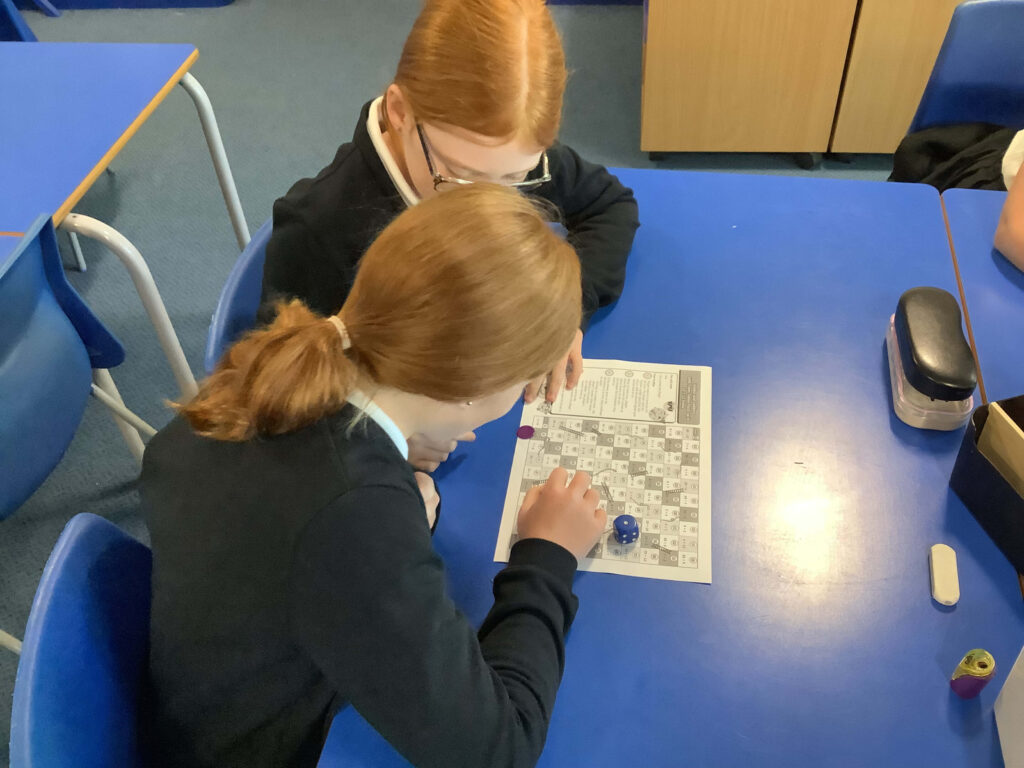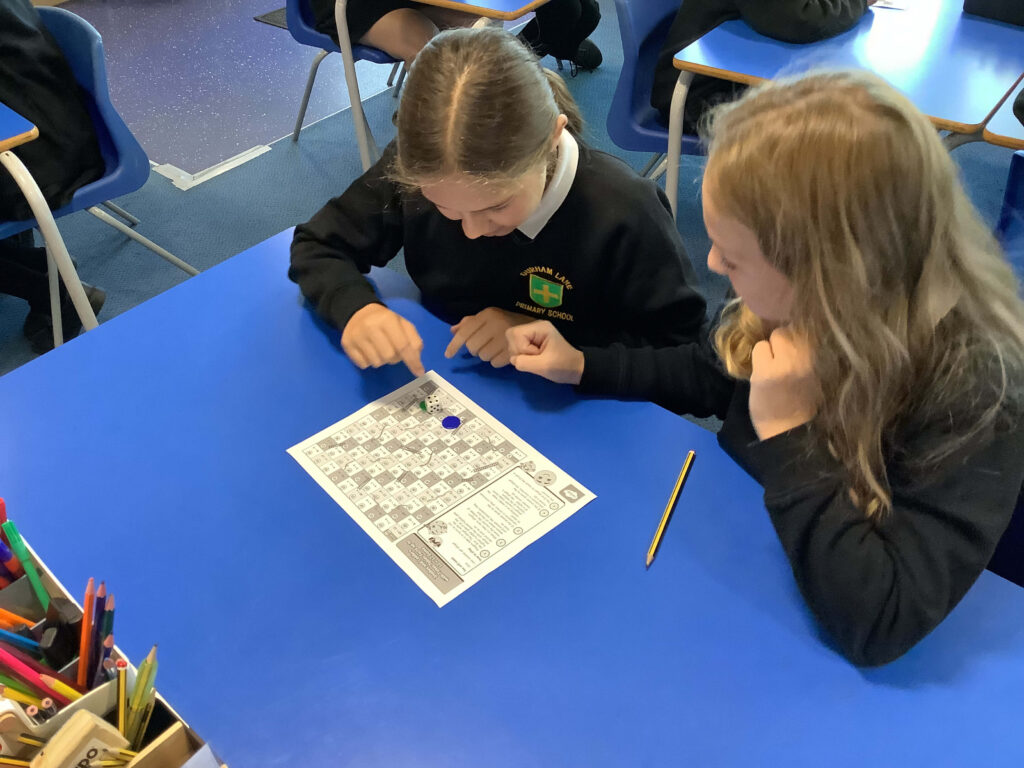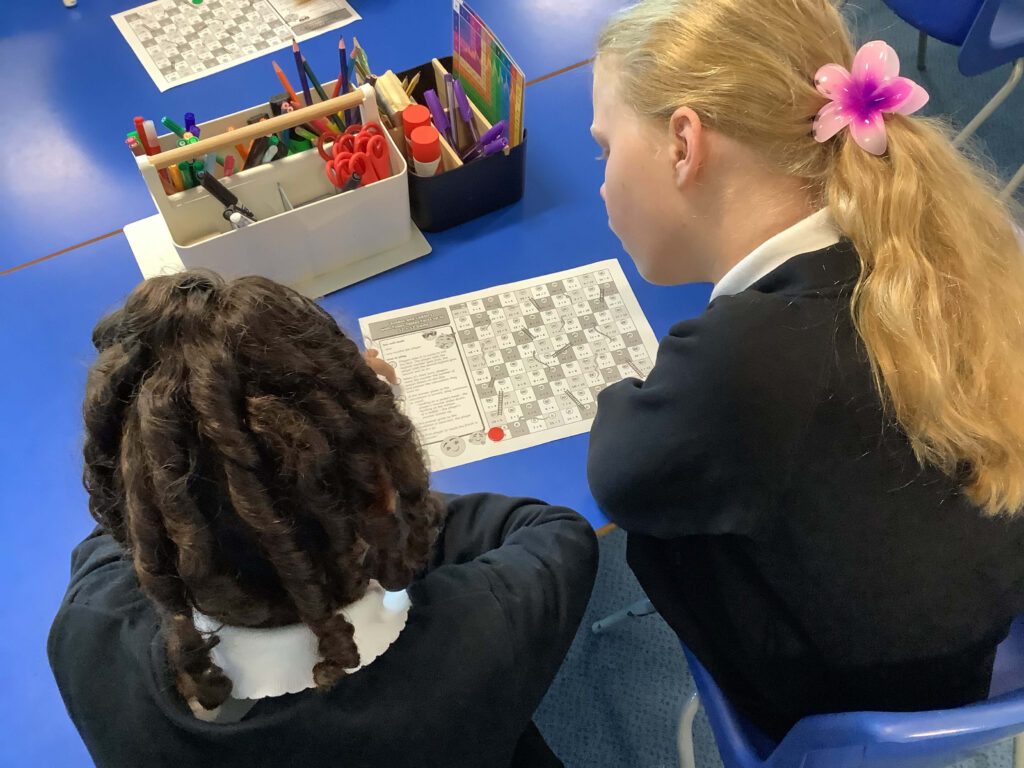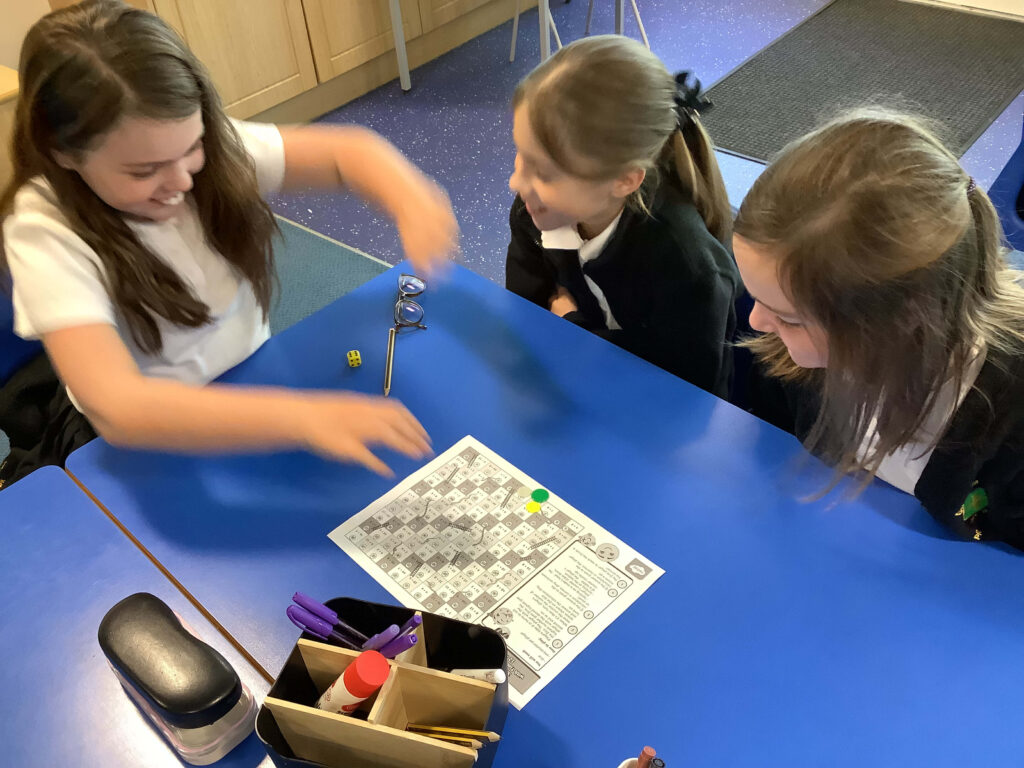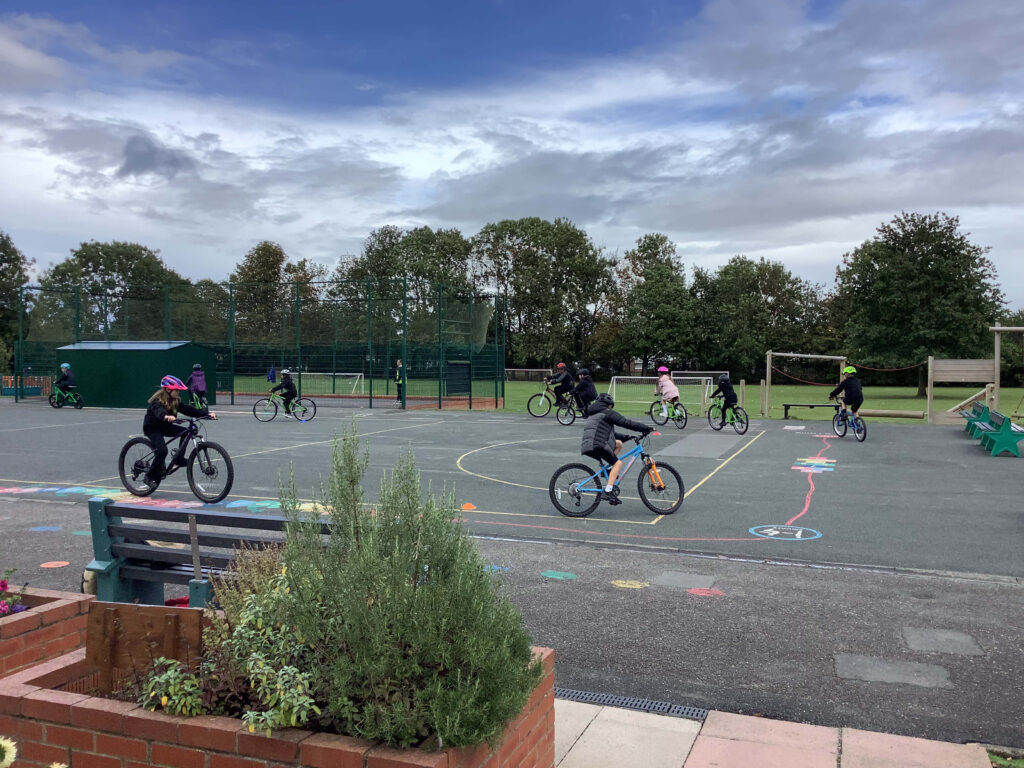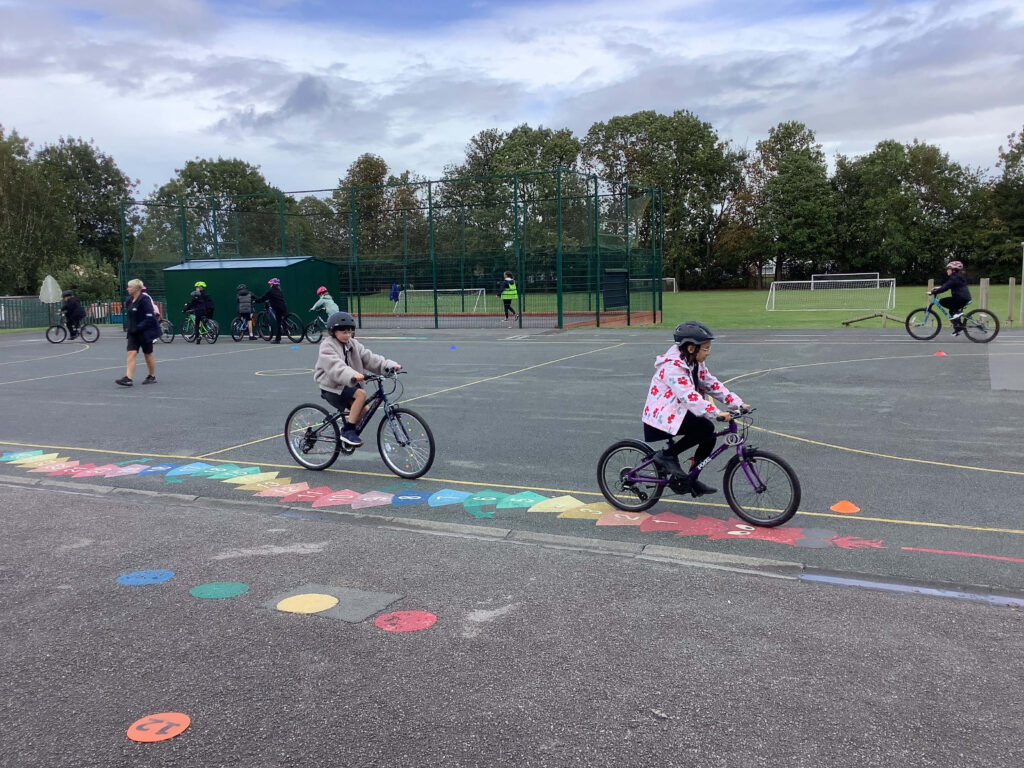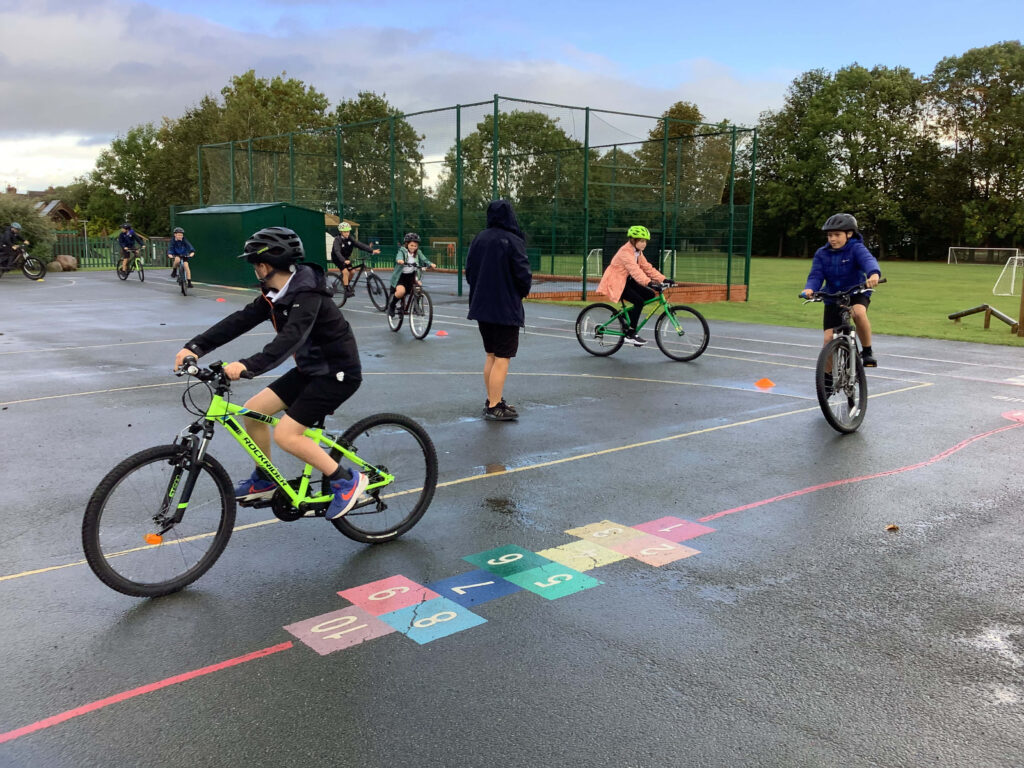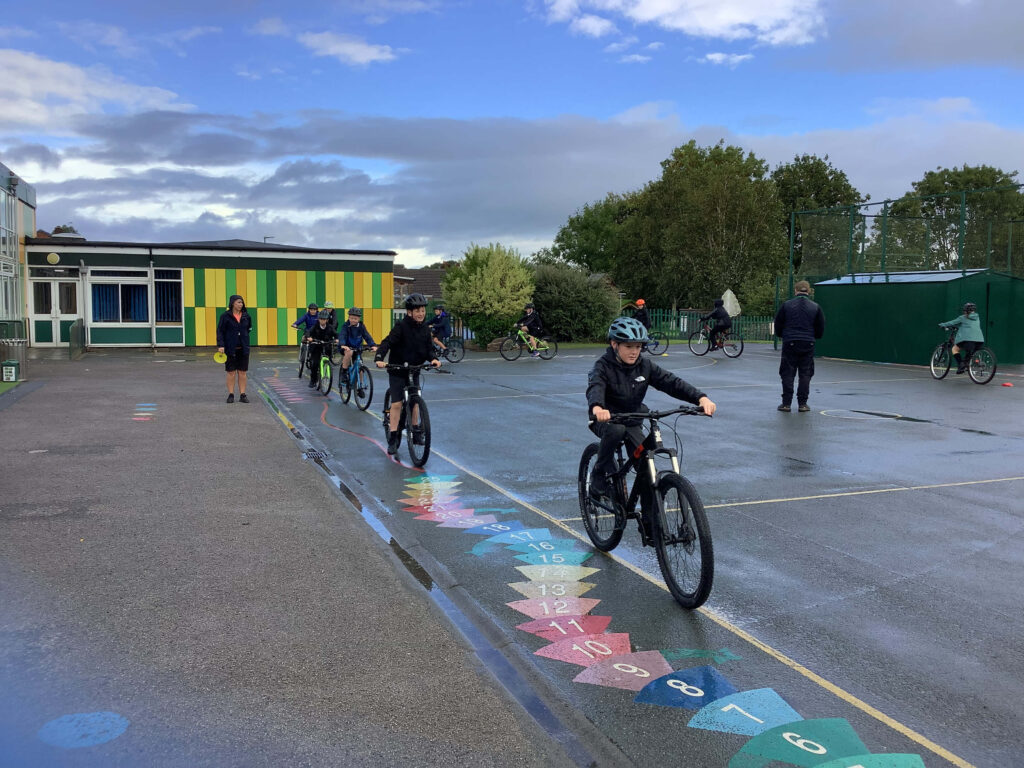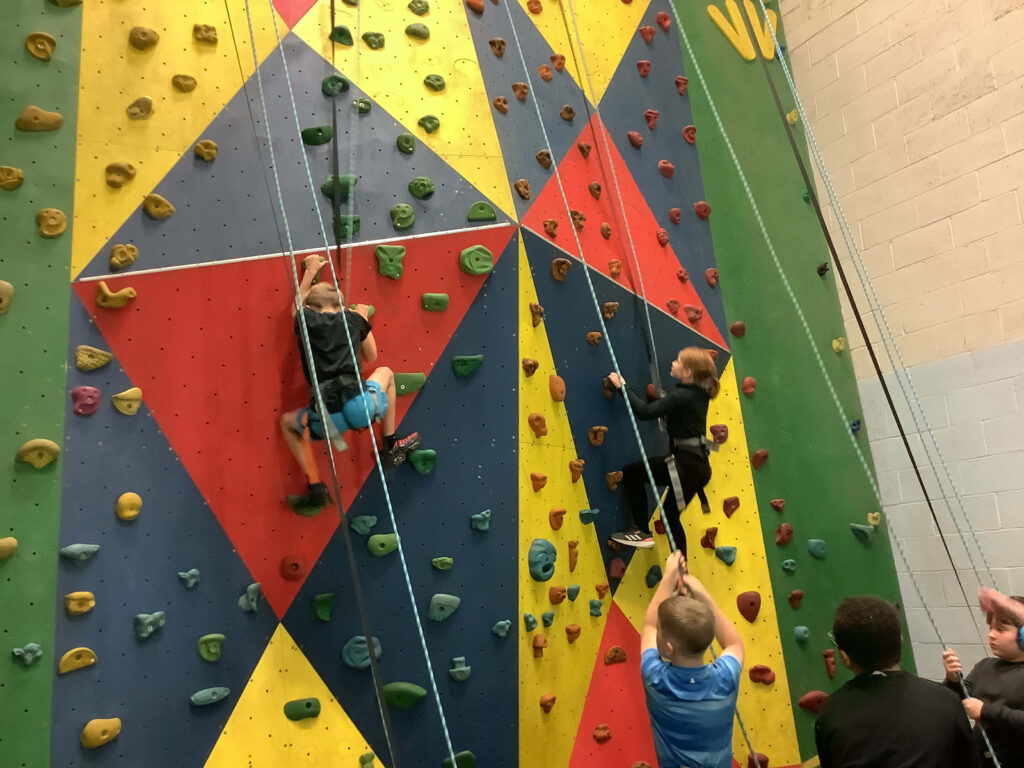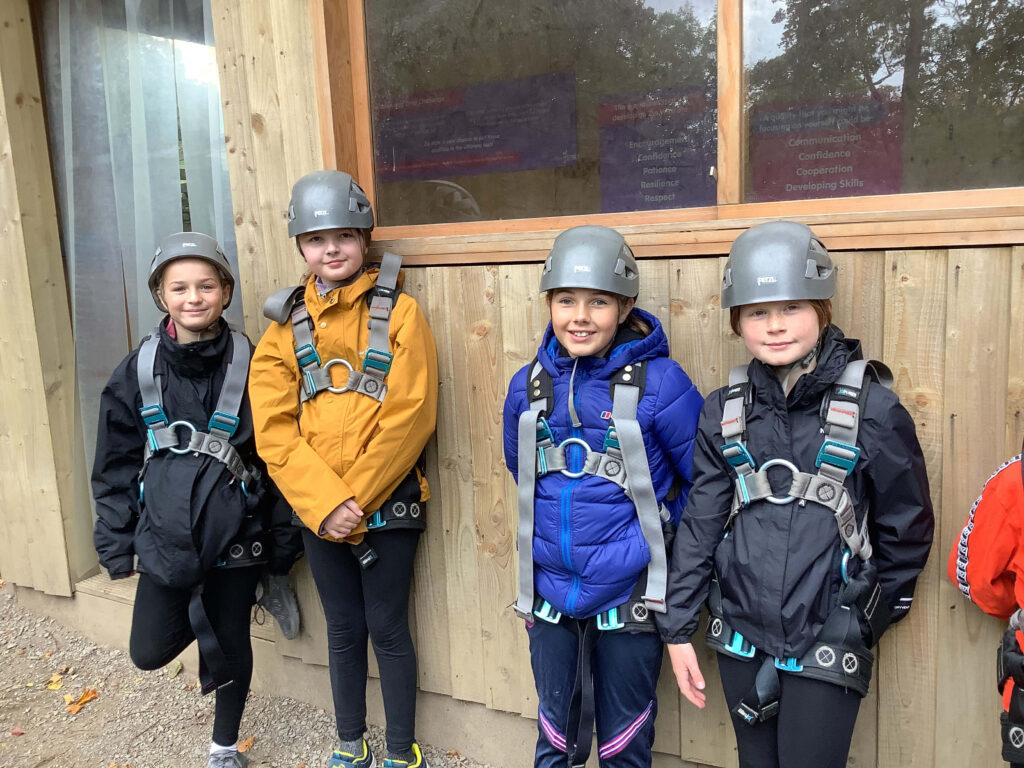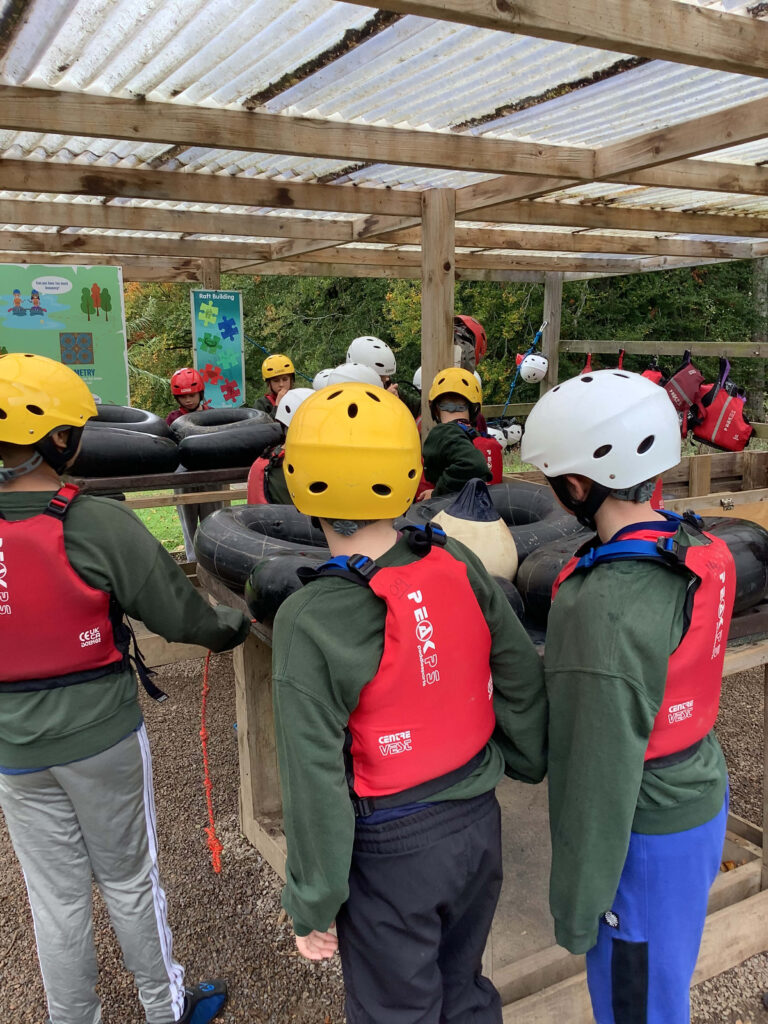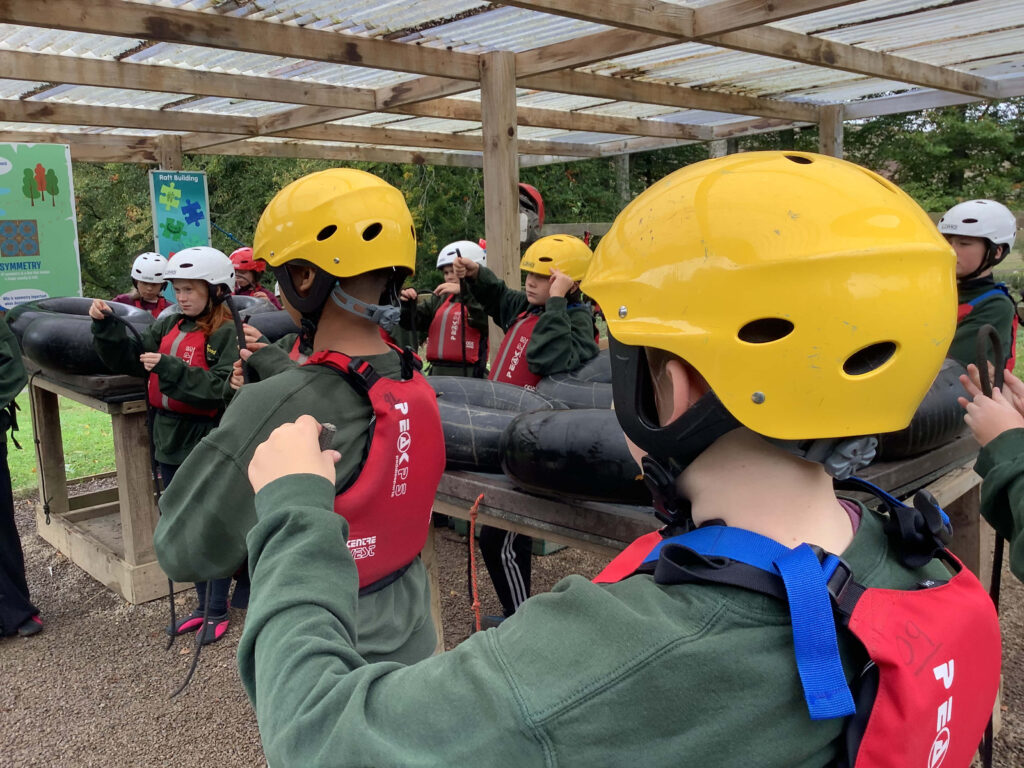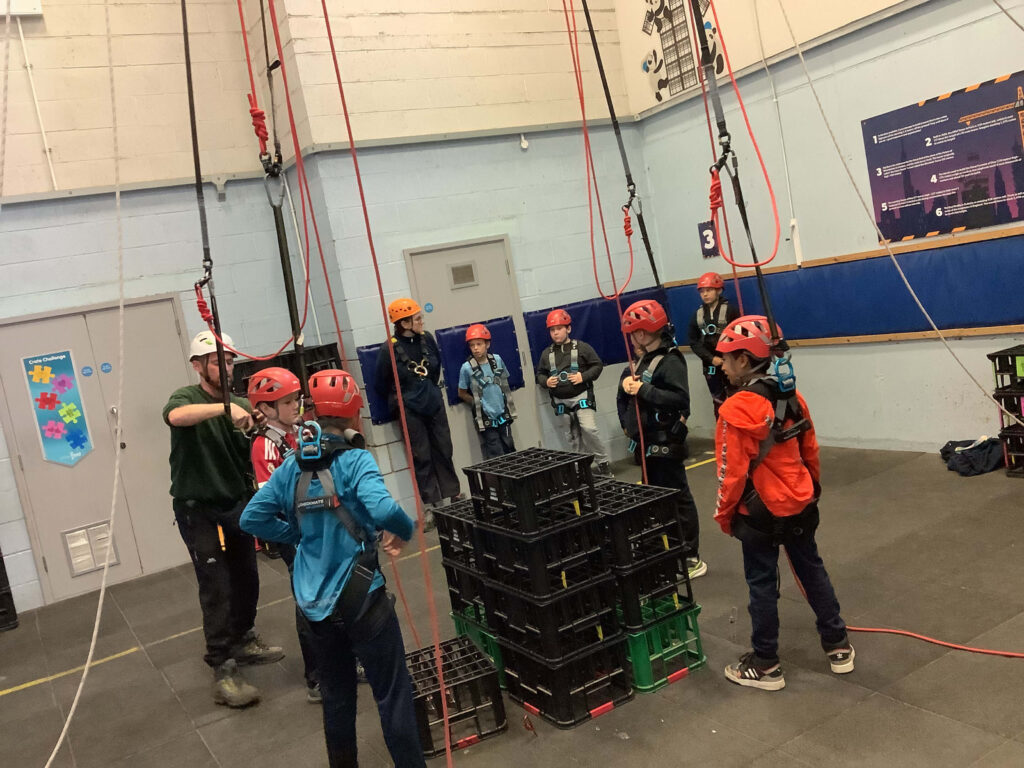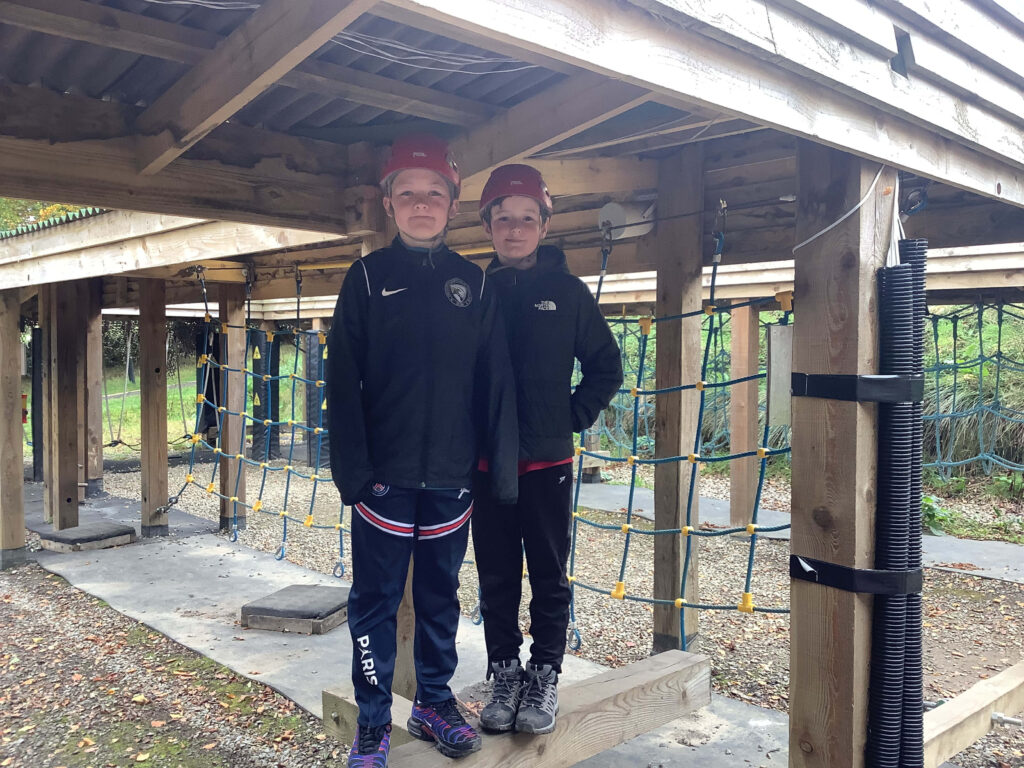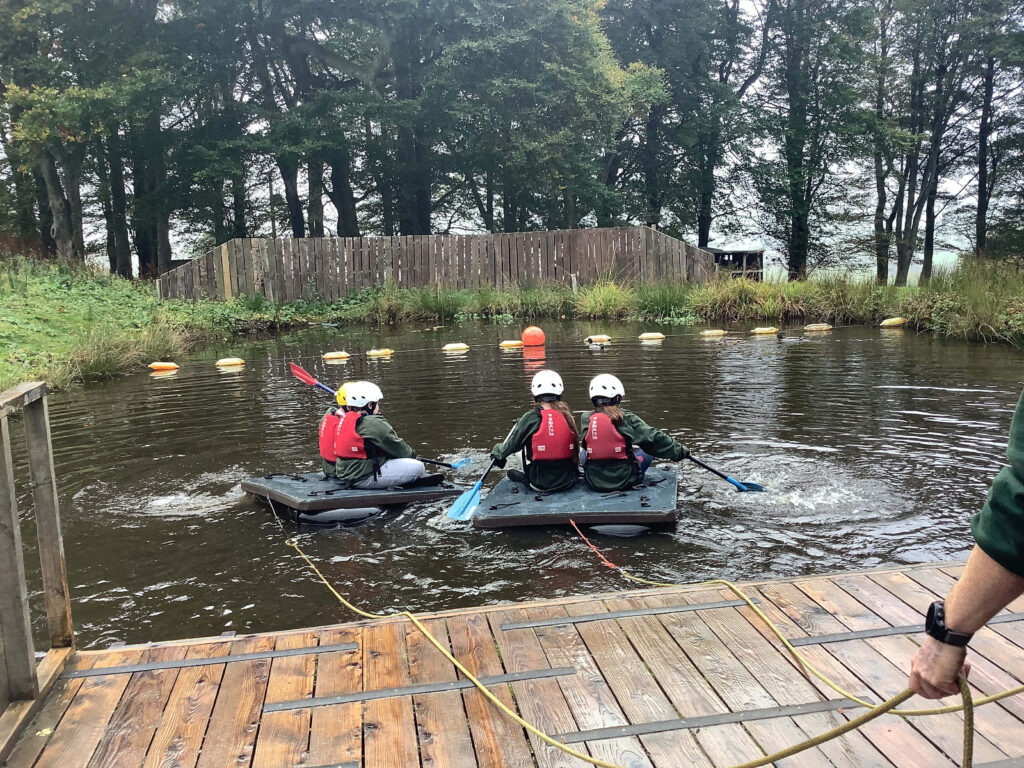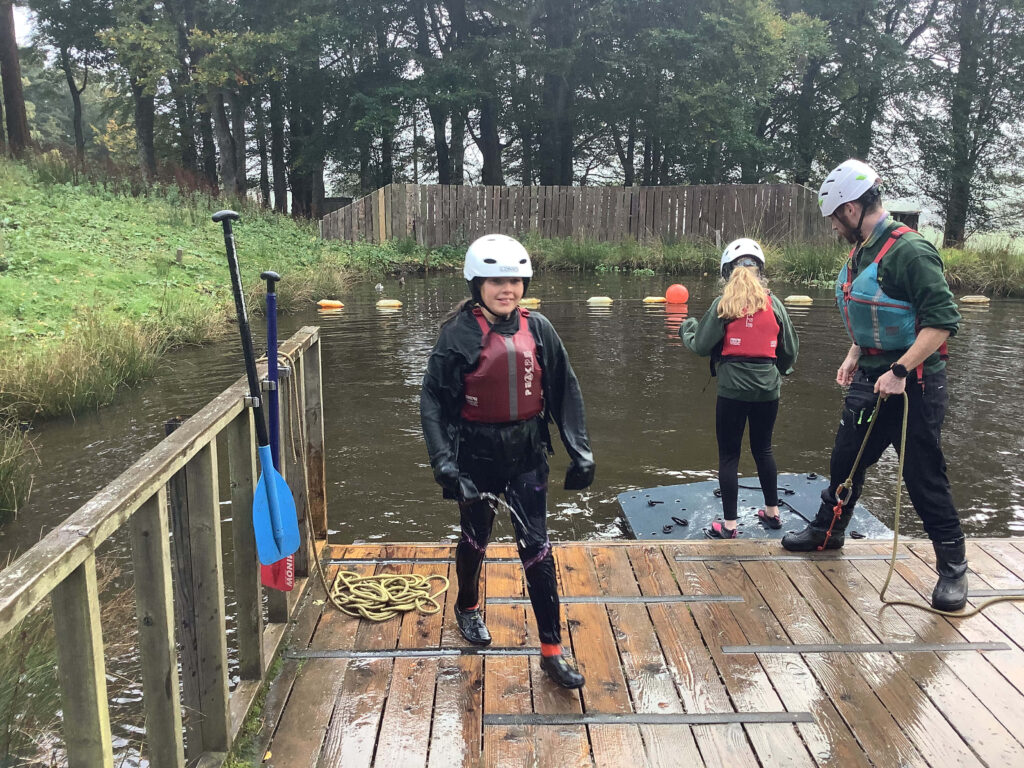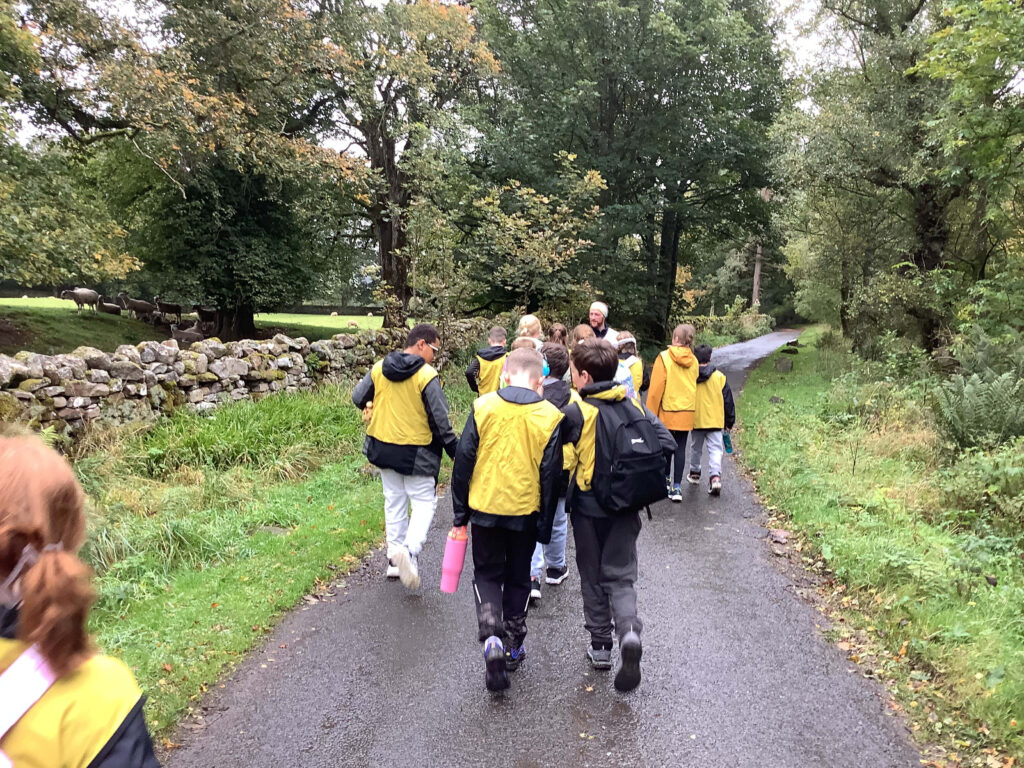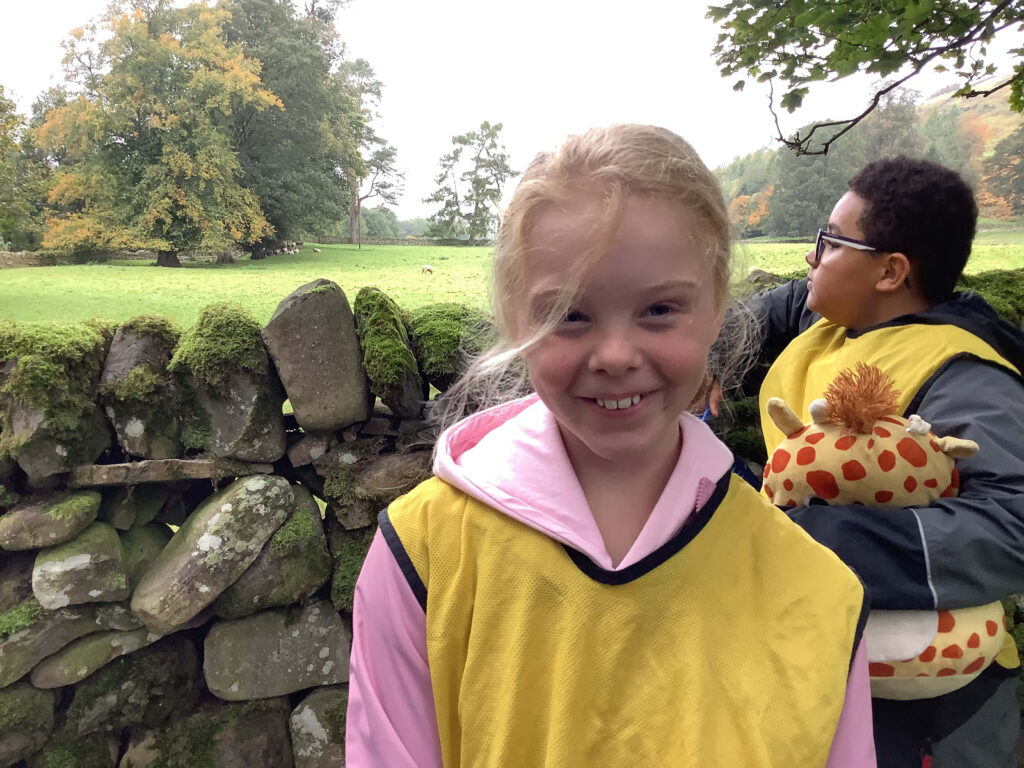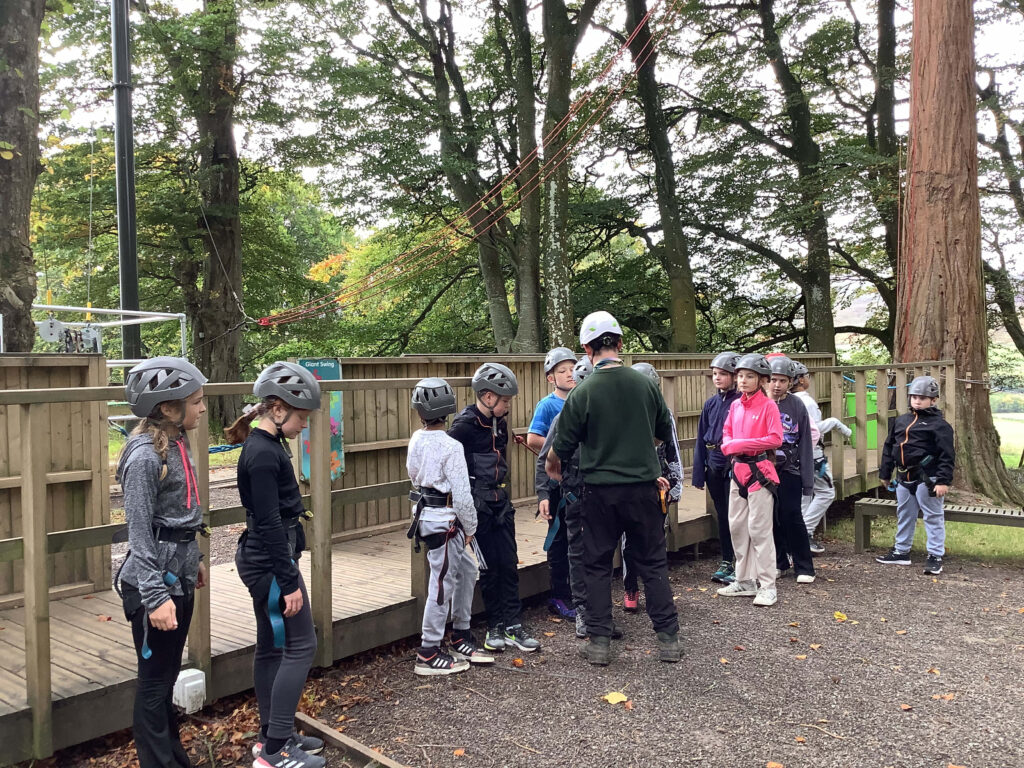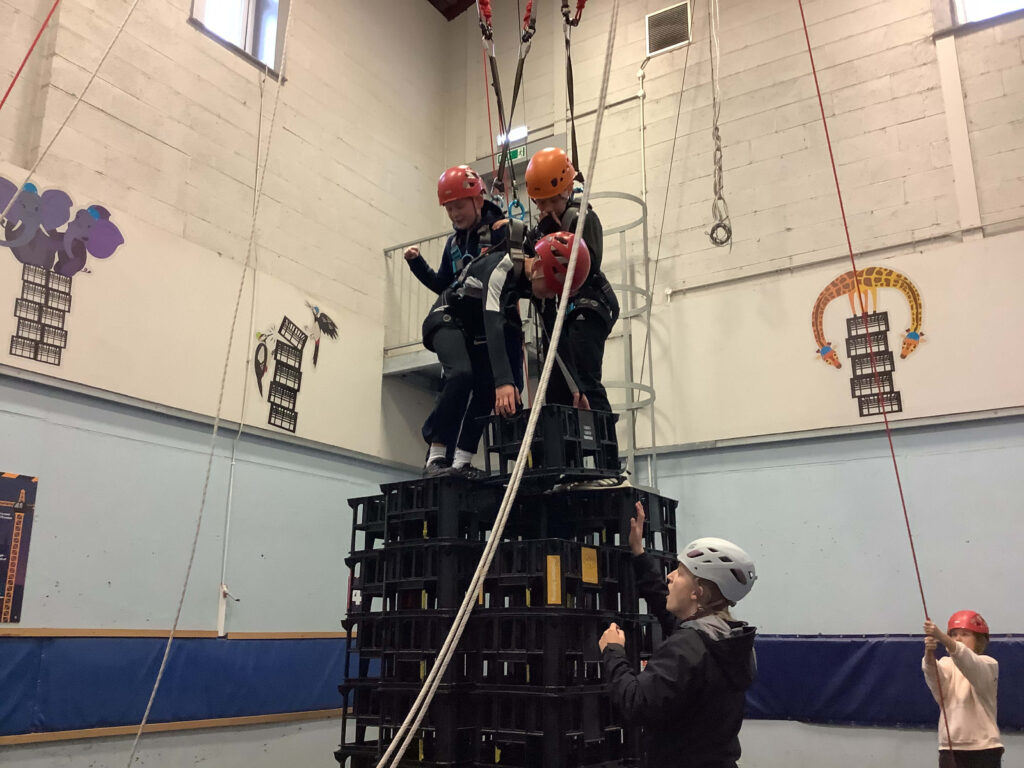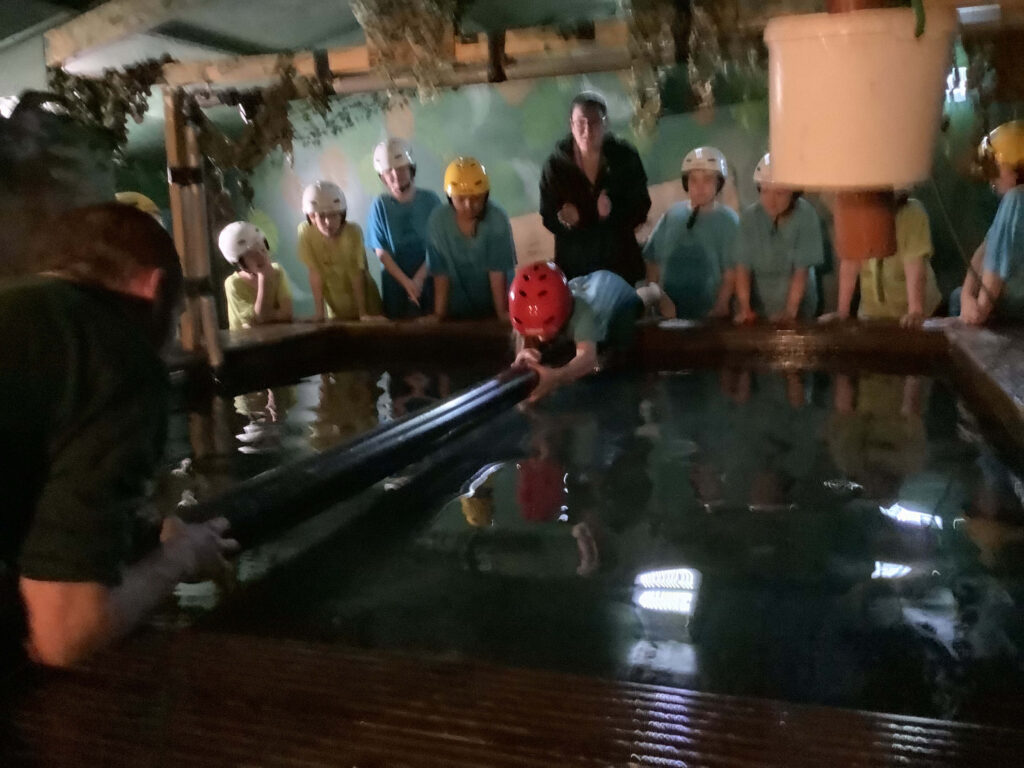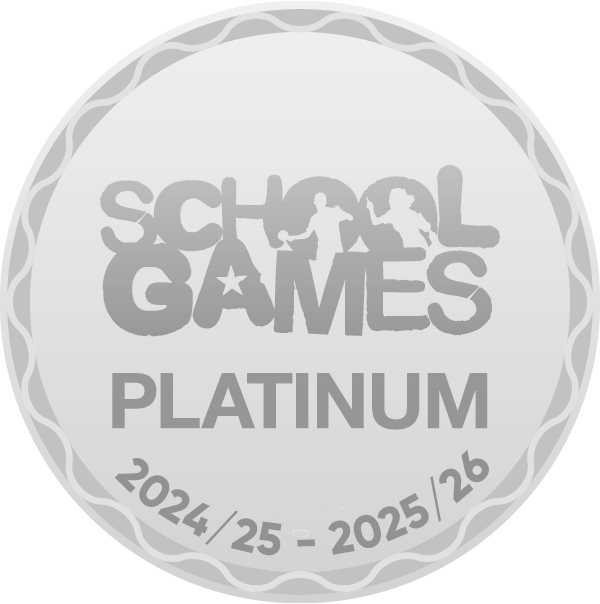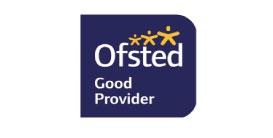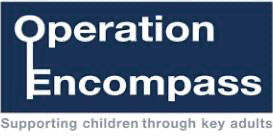Year 6
Welcome to Year 6
The teacher in Year 6 is Miss Drew. Mrs Sampson and Miss Huzzard also support the class throughout the week.
Please find below a brief outline of the topics to be covered this year and our daily/weekly routines which are explained in the ‘ Welcome to Year 6 class booklet’. We follow a two-year rolling programme throughout school and we try to plan as much of our learning as possible around our current topics. This creates an immersive and exciting learning experience for your children. Here is an overview of the topics to be covered over the coming year in Class 6:
| Term | Topics Covered | Brief Outline |
| Autumn 1 and 2 | The Victorians | Throughout this history based topic, the children will be learning about Victorian Eaglescliffe and Stockton as well as looking at Victorian artefacts and finding out about a range of famous Victorians. They will use a range of maps, censuses, diaries and non-fiction texts to learn about the work of Dr Barnado, Victorian workhouses and traditions as well as crime and punishment throughout the ages, especially focusing on the Victorian era. In English, the children will be studying the novel Street Child by Berlie Doherty. |
| Spring 1 | Healthy Me | This is a science based topic where the children will be looking at circulation, the impact of diet, exercise and drugs on the human body and how nutrients and water are transported around the human body. In geography, we will be looking at where a range of foods come from, the climates of these countries and why these particular foods are grown there. |
| Spring 2 | Greece | This is a history based topic, where we will be learning all about the Ancient Greeks and their achievements and influence on the Western world. We will be looking at modern day Greece in comparison to ancient Greece and researching the legacy the Ancient Greeks left us. In geography, we will be comparing ancient and modern maps, exploring the physical characteristics of Greece, comparing these to the UK. |
| Summer 1 | Natural Disaster | During this topic, we will be concentrating on physical geography, for example rivers, mountains, volcanoes and earthquakes and looking at where natural disasters occur and why. We will also be researching some famous volcanic eruptions of the past, especially Pompeii. |
| Summer 2 | The Mayan | This is a history topic about an non-European society that provides contrasts with British history. As well as this, we will be studying South America (where the Mayan originated from), looking at the countries of this continent and studying the geographical similarities and differences between South America and the UK. |
Class Booklet:
Home Learning:
Home learning is extremely important in Year Six as it not only reinforces work which has been done during the week, but it also prepares the children for life in secondary school.
In Year Six, children will usually receive new home learning every Friday and they will have until the following Thursday to complete this. Homework will be given on paper and should be completed in pencil. The children may also receive home learning at different times in the week if the teacher wants them to complete something or feels that they need some extra practice with something that has been done in class. This will happen particularly as SATs approach.
There will be a range of activities for your child to complete which will either reflect what your child has done previously in class or help them with their future learning. Your child will also be undertaking research projects throughout the year and, if the children are given a project to complete, they are usually given several weeks to do this as it is expected that they will undertake their own research and manage their work themselves, with just a little parental involvement. This will help them to become more independent in their learning.
Parents can help by ensuring that home learning tasks are completed on time and that the children are confident with the task in hand. If there are any problems completing tasks, parents should write a note on the work or can come and discuss any difficulties with Miss Drew.
Maths Practice:
Each week, children will receive a focus in their maths practice books. This will be given out on a Friday with spellings and home learning and be tested the following Thursday. Their weekly maths practice test will test the children’s mental skills and will help them to learn vital number facts. It is important that the children continue to practise their times table facts throughout the year. Examples of maths activities are: times tables and related division facts; converting decimals to fractions or percentages; dividing /multiplying by 10, 100, 1000, recalling prime numbers.
Spellings:
Year Six will receive weekly spellings on Fridays and they will complete a spelling test on the following Thursday. These words are never given out in isolation and will be studied in class so that the children are aware of particular spelling rules/patterns. The children need to practise these spellings at least twice in the week and on different days. They should use the LOOK, SAY, COVER, WRITE, CHECK method to learn these words as well as using other techniques that they have been taught in school e.g. mnemonics. Their spellings will be marked in their green books so that parents and children can see where mistakes have been made.
Reading:
Although most Year Six pupils are able to read fluently, this does not mean that they do not need parental support. Parents are advised to read regularly with their child and at least twice a week. Year Six would benefit from being asked different types of questions such as retrieval questions (e.g. what did the boy do when he got in from school?), inferential questions (e.g. how is the character feeling? What clues do you have?), about the language/techniques the author uses (e.g. which words does the author use to build suspense? How effective is the author’s use of simile?). The children are encouraged to log their reading on Boomreader and parents are also asked to do this so that the teacher can see that home reading is taking place.
Class Six Responsibilities:
Year Six is an incredibly important year and, because they are the oldest children in the school, we believe that they should be given the opportunity to take on extra responsibility in school. These responsibilities include helping to support the younger children at lunchtimes, being classroom monitors, librarians, sports’ leaders and ensuring fruit is distributed at playtimes. It is important that the pupils take their responsibilities seriously and understand the importance of being an integral part of the Durham Lane School family.
P.E:
Year Six have PE lessons twice a week, but this varies from term to term; some of the PE lessons will be taught by specialist teachers. The pupils will undertake a range of sporting activities throughout the year including tag rugby, gymnastics, invasive and defensive games, athletics, dance and Relax Kids. It is a good idea to have PE kits available throughout the week just in case we need to use a different PE slot. It is also important to make sure that all earrings are removed on PE days and that hair is tied back.
Class Visits/visitors:
We believe that it is important for children to learn both inside and outside of the classroom. Therefore, whenever possible, we try to arrange trips which will enhance our topics and help children to learn through a hands-on approach. Our Year 6 children have a residential trip to Robinwood in October where they experience canoeing, climbing, orienteering and a range of team building activities. We are also keen for visitors to come into class to share their expertise and interests with the pupils and endeavour to organise this as frequently as possible.
Our current Year 6 cohort photo gallery:
